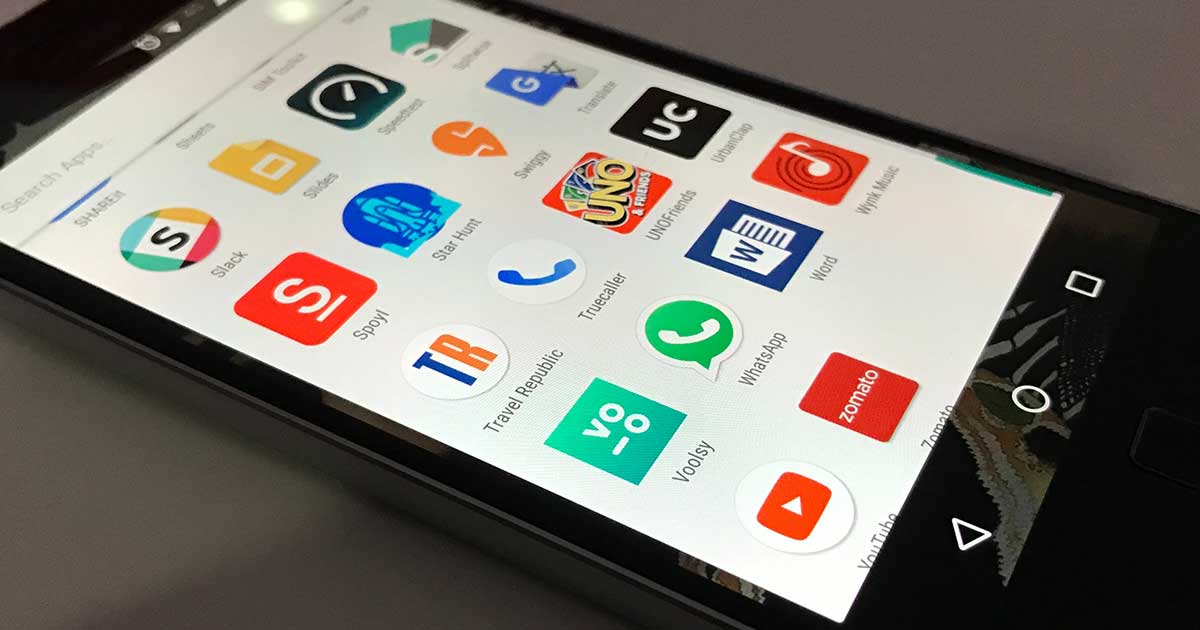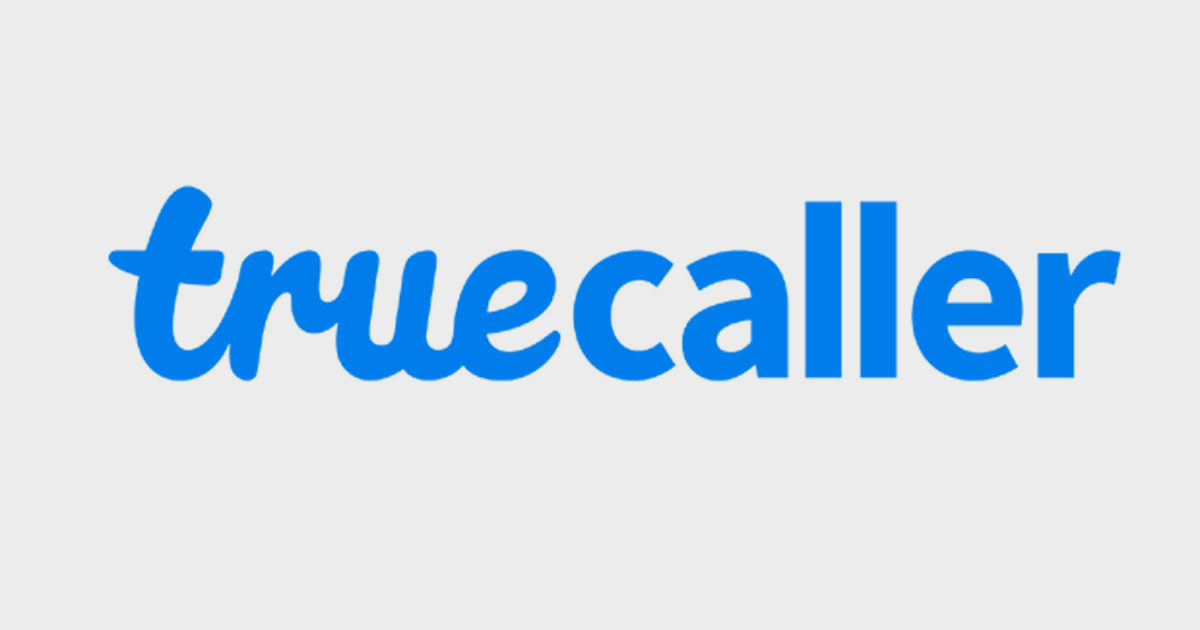
According to a report from Malwarebytes, web skimming attacks have increased by 26 percent in March alone compared to previous months.
Web skimming is the process of stealing customer data, including credit card information, from e-commerce sites.
The mechanism has found a sudden surge in popularity owing to the Coronavirus pandemic that has engulfed the world and house arrested everyone thus increasing the dependence on internet shopping and virtual transactions.
NutriBullet and Tupperware, the two giants in their respective corporate fields, have been the last prey of web skimming.
The attack against the popular blender vendor, NutriBullet was carried out by Magecart Group 8 using a JavaScript-based skimmer.
The malicious iframe injected into the Tupperware sites had collected shoppers' first and last names, billing addresses, credit card expiry dates, telephone numbers, and CVV numbers.
An online printing platform, Reprint Mint, was inflicted many times with a variety of skimmer code to pilfer card information of customers. These skimmers connected to different C2 servers to send back data collected from the website.
Some basic security measures like keeping the platform up to date and actively tracking web skimmers with additional protection systems can minimize the chances of card skimming attacks.
ISOAH is the organization which conducts effective anti hacking audits to high cyber security effects.
Read on for more cyber security stories: https://www.isoah.com/snatch-ransomware-evades-antivirus-by-rebooting-safe-mode.php
Exclusive Blog
Read All Exclusive Blog »
With world working from home, it's time to make it enjoyable and effective.
Read DetailsHacking Tools
Explore All Hacking Tools »
UFTP is an encrypted multicast file transfer program for secure, reliable & efficient transfer of files. It also helps in data distribution over a satellite link.
Read Details







